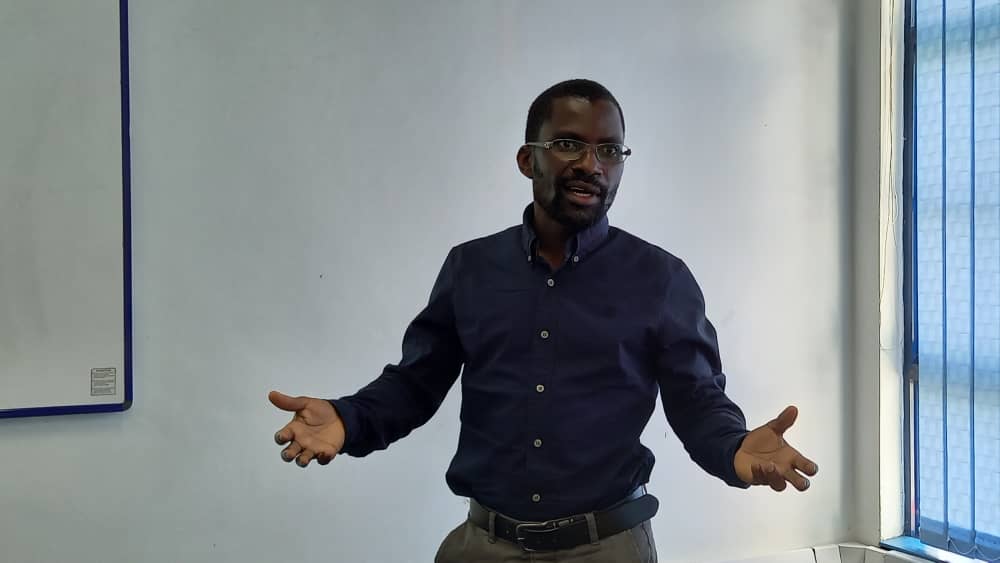Scientists recommend Covid-19 self-testing
Scientists say Malawians are capable of using SARS-CoV-2 antigen-detection rapid diagnostic tests for Covid-19 self-testing.
In an interview, Malawi Liverpool Wellcome Trust public health epidemiologist Augustine Choko said self-testing can minimise the hurdles that individuals go through to test for Covid-19.

He said the Trust made an evaluation of the feasibility of self-testing for Covid-19 and it came out that more than 90 percent of the health workers and the general population that took part in the study were able to use the test kits.
The objective of the study was to determine the feasibility and acceptability of self-testing sampling, develop culturally relevant written materials for self-testing and explore preferences.
“Realizing that Covid-19 is here to stay, we need to shift from targeted to communized testing. From overwhelmed health systems and long waits for testing to a world where testing is simple,” he said.
However, he said the roll-out of self-testing implementation programmes need to happen alongside an awareness of correct information to communities.
Last month, the World Health Organisation (WHO) recommended Covid-19 self-testing, using SARS-CoV-2 Ag-RDTs, and said it should be offered in addition to professionally administered testing services.
It says the recommendation was based on evidence that shows users can reliably and accurately self-test.
According to WHO, Covid-19 self-testing is acceptable and feasible and may reduce existing inequalities in testing access.
“The role and use of Covid-19 self-testing–including why, where and how it should be used–will need to be adapted to national priorities, epidemiology, resource availability, and local context with community input,” reads the recommendation.
It further said clear and up-to-date messaging will be needed to ensure self-test users understand when to test, the meaning of their test results and post-test responsibilities.
“Self-testing should always be voluntary and never mandatory or coercive. It is important that in certain settings, such as schools and workplaces, self-testing costs are not borne by students or workers,” it reads.
Commenting on the development, Ministry of Health spokesperson Adrian Chikumbe said the ministry was making an analytical review of the recommendation, its relevance, its impact on the population but also looking at the capacity of the country to implement it.
“When a partner shares a recommendation on a particular program or intervention, usually it is generic and only a recommendation for possible consideration,” he said.






One Comment